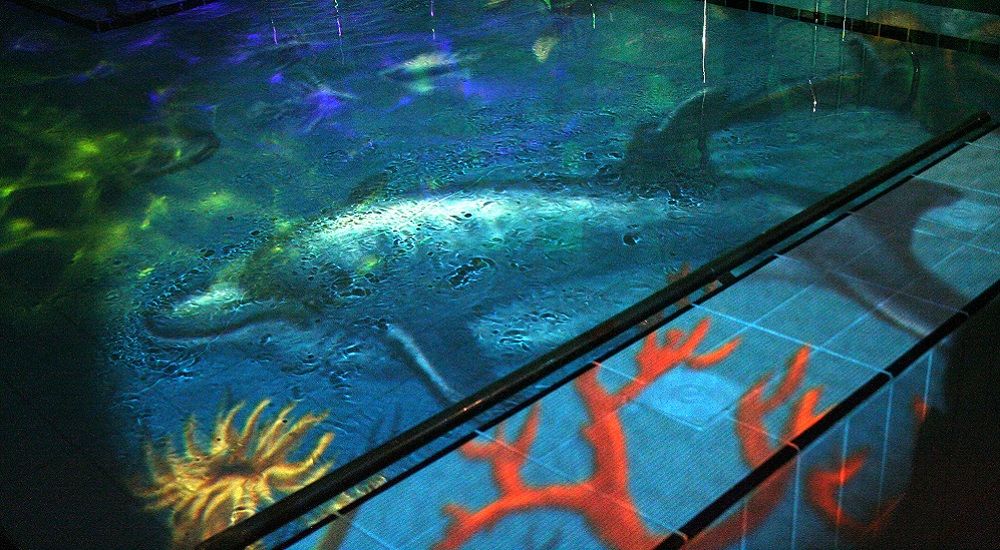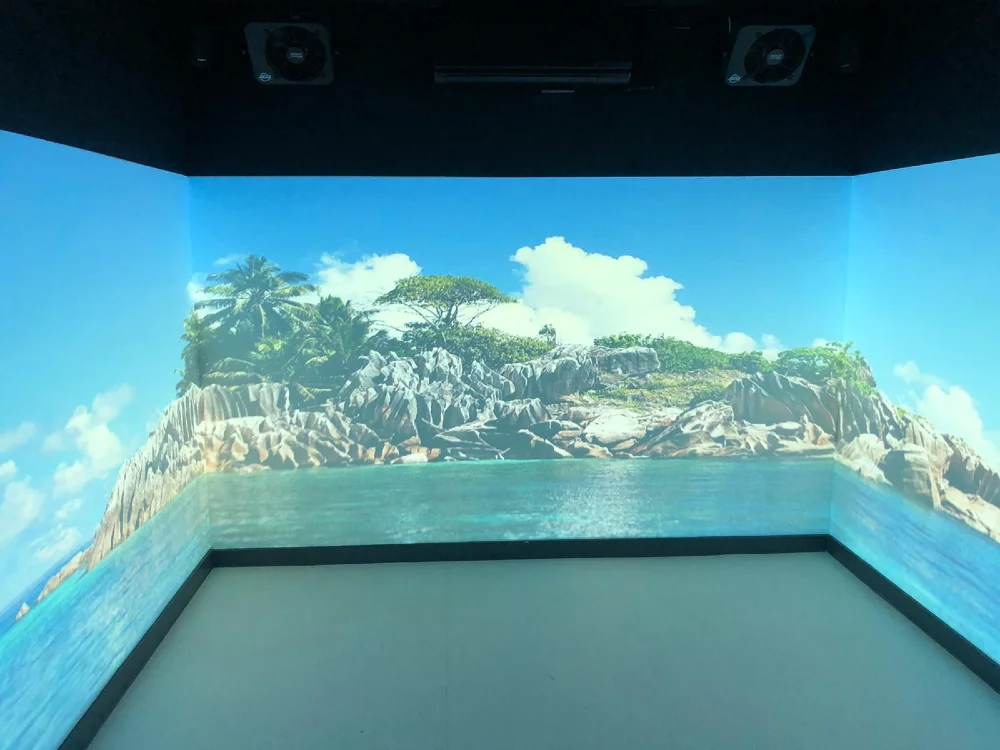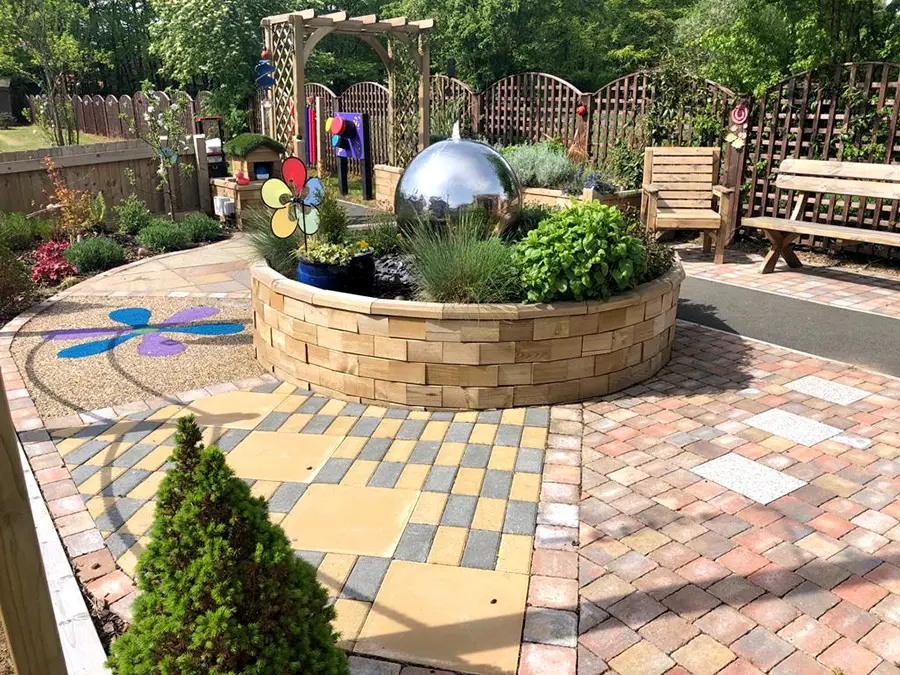Sensory pools are a remarkable addition to therapeutic environments, offering a unique combination of water therapy and sensory stimulation. Designed to engage the senses through temperature, sound, light, and movement, sensory pools provide therapeutic benefits that promote relaxation, physical rehabilitation, and emotional well-being. Their versatility makes them a valuable resource in healthcare facilities, special education centres, and wellness spaces.
What Are Sensory Pools?
A sensory pool is a specialised therapeutic space that incorporates sensory elements into water-based activities. Unlike traditional swimming pools, sensory pools are designed to engage multiple senses through features like:
- Temperature control: Warm water to relax muscles and soothe the body.
- Lighting effects: Coloured lights, underwater LED displays, and projections to create a calming or stimulating environment.
- Sound systems: Music or nature sounds to enhance the sensory experience.
- Water jets and bubbles: Gentle movement and tactile stimulation for relaxation and engagement.
These features work together to create a multi-sensory experience tailored to the needs of individuals in therapeutic care.
Benefits of Sensory Pools in Therapeutic Settings
Physical Rehabilitation
The buoyancy of water in sensory pools reduces the impact on joints and muscles, making it an ideal environment for physical rehabilitation. Individuals recovering from injuries, surgeries, or chronic conditions can benefit from water-based exercises that improve mobility, strength, and coordination.
Key benefits:
- Reduced pain and pressure on joints.
- Improved range of motion and flexibility.
- Enhanced muscle tone and strength through low-impact exercises.
Stress and Anxiety Reduction
The soothing properties of water combined with sensory elements make sensory pools highly effective for managing stress and anxiety. Warm water relaxes the body, while calming lights and sounds create a serene environment that promotes mindfulness and relaxation.
Key benefits:
- Reduced cortisol levels (stress hormone).
- Improved emotional regulation.
- Enhanced sense of calm and well-being.
Support for Neurodiverse Individuals
For individuals with autism, ADHD, or sensory processing disorders, sensory pools provide a controlled environment where they can explore sensory input in a safe and supportive way. The combination of water’s natural calming effect and tailored sensory features can help reduce sensory overload and encourage self-regulation.
Key benefits:
- Encourages sensory exploration in a positive environment.
- Promotes relaxation and reduces overstimulation.
- Supports motor skill development through guided activities.
Pain Management
Sensory pools are often used in chronic pain management programs due to their ability to ease tension and provide gentle therapeutic exercises. Warm water and hydrotherapy jets help reduce muscle tightness and improve circulation, offering relief for conditions like arthritis and fibromyalgia.
Key benefits:
- Alleviation of chronic pain symptoms.
- Improved blood flow and circulation.
- Enhanced relaxation and sleep quality.
Social and Emotional Development
In group settings, sensory pools encourage social interaction and collaboration. Activities like water games or guided therapy sessions provide opportunities for individuals to connect, communicate, and build relationships in a supportive environment.
Key benefits:
- Improved social skills and confidence.
- Encourages teamwork and cooperation.
- Fosters a sense of community and belonging.
Applications of Sensory Pools
Healthcare Facilities
Hospitals, rehabilitation centres, and clinics use sensory pools to complement traditional therapies. These pools are especially effective in programs for physical rehabilitation, mental health support, and pain management.
Special Education
Schools for children with special needs incorporate sensory pools to support learning and development. These environments are particularly beneficial for children with autism or sensory processing challenges, offering a space for exploration, play, and relaxation.
Wellness and Spa Settings
Sensory pools are increasingly popular in wellness centres and spas, where they provide a tranquil escape for stress relief and relaxation. Features like aromatherapy, underwater music, and ambient lighting enhance the experience for individuals seeking holistic well-being.
Designing a Sensory Pool for Therapeutic Use
Creating an effective sensory pool requires thoughtful planning and attention to detail. Here are some considerations:
- Customisable Features: Ensure the pool offers adjustable lighting, sound, and temperature settings to cater to diverse needs.
- Safety Measures: Include slip-resistant flooring, accessible entry points, and clear signage to ensure user safety.
- Inclusive Design: Make the pool accessible to individuals with mobility challenges by incorporating ramps, lifts, or shallow areas.
- Interactive Elements: Add features like water jets, bubble machines, or floating toys to encourage engagement and interaction.
Sensory pools are a transformative addition to therapeutic settings, offering a unique blend of relaxation, rehabilitation, and sensory stimulation. Whether supporting physical recovery, reducing anxiety, or fostering social connections, these pools play a vital role in holistic care.
If you’re considering adding a sensory pool to your facility, it’s an investment that will enhance the well-being of those you serve. Contact us today to learn more about how sensory pools can elevate your therapeutic environment!




